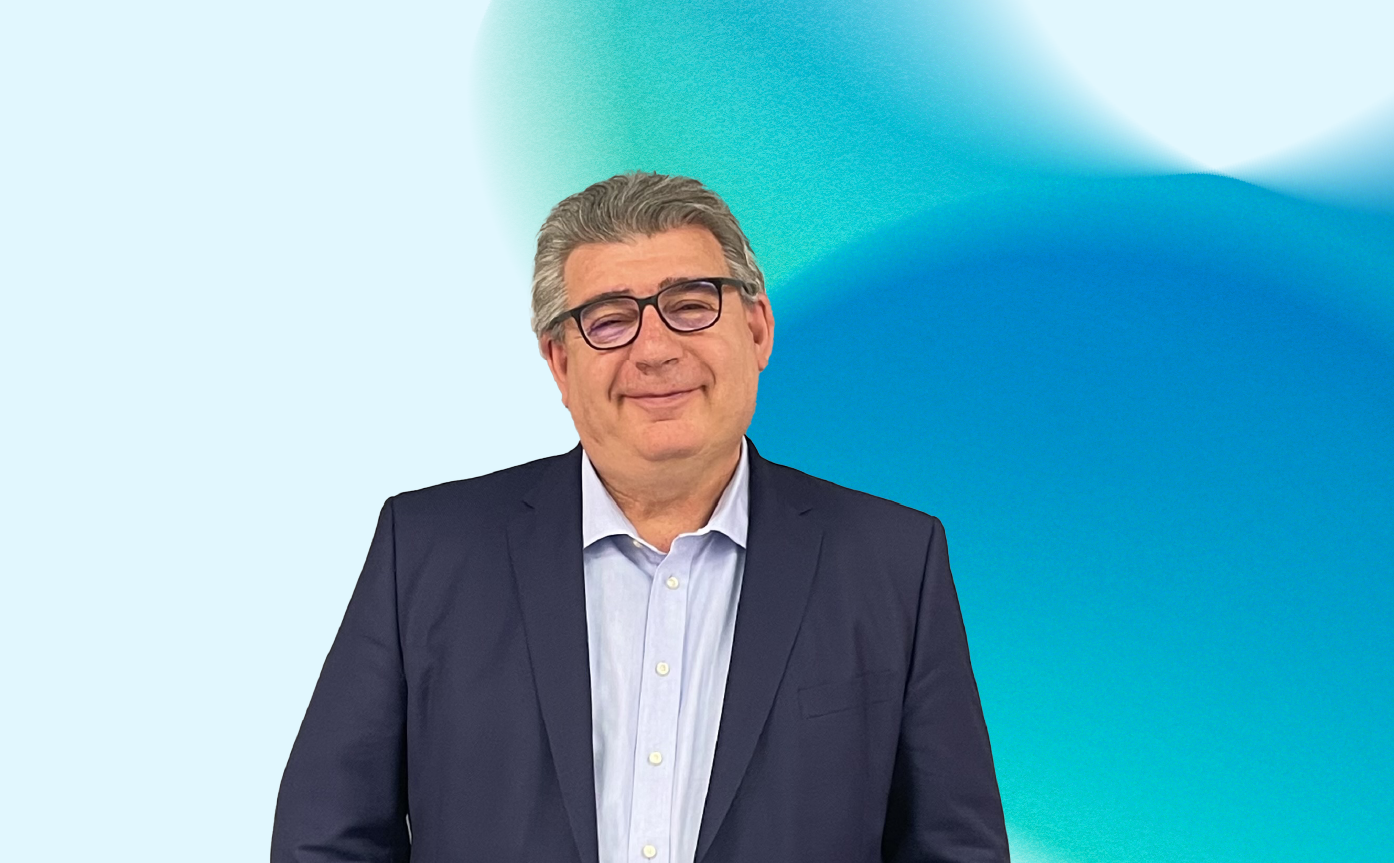INTERVIEW
Three questions with Fabrizio Bianchi, Project Manager – Financed Projects, about Quantum Technologies and Future-Proof Security
1) Quantum Technologies are transforming the global technological ecosystem. How might these breakthroughs shape the future of the tech sector and industry at large?
Quantum Technologies are emerging at the frontier of innovation, harnessing the principles of quantum mechanics to power a new generation of devices and systems. They achieve performance levels beyond the reach of classical systems and extend across disciplines, with the potential to transform a wide range of fields and reshape entire industries.
Quantum Computing, for example, allows extremely complex problems to be tackled in exponentially shorter times compared to traditional computers, opening new possibilities in fields such as scientific research and industrial optimization. One particularly transformative application of Quantum Computing is Quantum Simulation, which makes it possible to model intricate chemical and physical systems that were previously beyond the grasp of classical computation. Another groundbreaking domain is Quantum Communication – a new paradigm in secure communication powered by quantum cryptography, offering theoretically unbreakable key distribution. Meanwhile, Quantum Sensing and quantum-enhanced metrology are revolutionizing how we measure the world, with ultra-precise instruments making an impact in medicine, geology, navigation, and high-end diagnostics.
Quantum technologies are poised to fundamentally reshape not only the tech sector, but the entire industrial ecosystem.
In essence, Quantum Technologies represent more than incremental progress. They herald a new paradigm, one where our ability to compute, communicate, and perceive reality is radically redefined. The decades ahead may well be shaped by innovations born at the quantum level.
2) In the context of our company, what are the main areas of interest for applying Quantum Technologies, and how could they enhance the products and services we offer our clients?
At Italtel, Quantum Technologies are more than a research topic, they are a strategic pathway toward the future of secure communications. Our primary focus is on Quantum-safe Communication, a domain where we are already actively addressing the challenges and seizing the opportunities of this emerging field by contributing to European projects such as GUARD, Q-Secure Net, NANCY, and SMARTY. These initiatives are helping us explore and co-develop next-generation solutions that combine innovation with real-world impact.
As quantum computing edges closer to practical reality, its transformative potential is becoming clear: quantum computers could soon solve problems that are currently unsolvable even for today’s most powerful supercomputers, rapidly moving from theoretical concept to real-world application. But a new class of risk comes with that power. The same technology that can accelerate discovery could also be used maliciously, threatening sectors like finance, defense, telecommunications, critical infrastructure and intellectual property protection.
Compared to other “technology alarms” of the past, the quantum threat stands out for its urgency and unpredictability, especially regarding timing. No one can say with certain when quantum computers will be capable of breaking current cryptographic systems. But a risk is already imminent: “Harvest now, decrypt later” attacks, where encrypted data is intercepted today, stored, and decrypted once quantum computing power becomes available.
That’s why Italtel has adopted a proactive and sustainable transformation strategy. We are assessing and implementing a spectrum of Quantum Technologies tailored to specific operational contexts, especially in cryptography, whether data is in transit, at rest or in process. The transition to quantum-safe encryption will not happen overnight, but it will be inevitable and will demand a coordinated, long-term effort across the entire ICT ecosystem, from infrastructure to application layers.
As IBM has noted: ” History tells us that changing cryptography at scale doesn’t happen in seven to 10 years. It takes more time.”
In this context, Italtel aims to enable a sustainable transformation, promoting solutions that integrate smoothly with current systems while ensuring a gradual migration path.
Advanced key management policies will be central to this future, enabling virtualization and orchestration of key distribution, beyond the limitations of today’s technologies. At the same time, Italtel is committed to balancing innovation with practicality, carefully monitoring how the new layers of security impact performance, cost, and efficiency, so our clients can stay protected without compromising on agility or continuity.
In essence, Quantum Technologies are a strategic lever for Italtel, not only to strengthen our cybersecurity capabilities but to deliver products and services that are more resilient, trustworthy, and ready to meet the challenges and possibilities of the quantum era.
3) In the field of Quantum Technologies, we often hear about Quantum Safety and Quantum Security. Could you clarify the difference between these two concepts and how each influences the protection of information and the security of critical infrastructure?
The distinction between Quantum Safety and Quantum Security may seem slight, but it is fundamentally important.
Quantum Safety refers to technologies and cryptographic algorithms designed to resist the capabilities of quantum computers. A key example is Post-Quantum Cryptography (PQC) algorithms, developed to be secure against quantum attacks. Their strength lies in the fact that no known quantum techniques can currently break them, meaning their security is based on the current lack of evidence that such algorithms can be broken by quantum attacks. However, since this type of security is computationally-based, it remains theoretically vulnerable to future breakthroughs or surges in processing power. In this space, we see a continual game between code-makers and code-breakers, a classic cat-and-mouse game of cryptographic evolution.
Quantum Security, by contrast, is based on unconditional security, that doesn’t rely on assumptions about an attacker’s computational power. The best-known example is Quantum Key Distribution (QKD), which offers theoretically absolute security. But this theoretical strength comes with practical trade-offs: QKD systems require dedicated infrastructure, such as specialized optical fibers, and are limited in range. Moreover, QKD does not provide authentication of the communicating parties.
A new class of quantum-enabling technologies is also emerging. These support symmetric key encryption systems, currently considered more secure than public-private asymmetric ones. They offer software-based solutions that are information-theoretically secure, even against adversaries with unlimited computing resources, and provide a more cost-effective, infrastructure-friendly alternatives to QKD. One example is the Distributed Symmetric Key Establishment (DSKE) protocol, which enables the distribution of symmetric keys while guaranteeing quantum security.
As a key player in the ICT space and a trusted system integrator, Italtel is at the forefront of this evolution. We design and deliver security solutions that anticipate future challenges, integrating quantum-resilient technologies and embedding quantum security into our offerings. To stay ahead in this shifting landscape, Italtel follows a crypto-agile strategy, providing the flexibility to adapt and switch between technologies and algorithms as threats evolve, while maintaining the highest standards of protection for our clients.


